#XXIV
Explore tagged Tumblr posts
Text
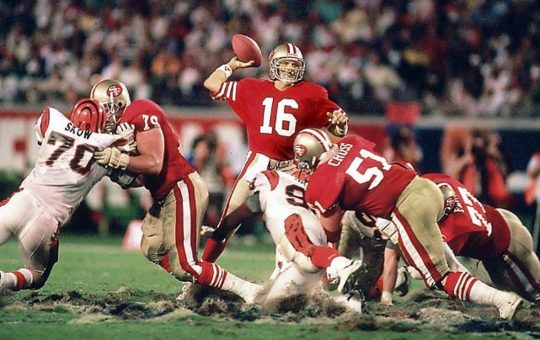
86 notes
·
View notes
Text
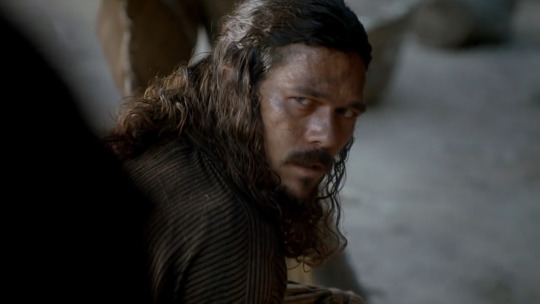

he says shivering wet vulnerable
110 notes
·
View notes
Text




Urging Understanding Black Sails Musical Parallels | XXIV. XXXI.
I spent a year rewatching Black Sails and tracking all the bits of music that repeated at any point during the show, and my findings are reinforcing that Bear McCreary is a genius and this show should have been called 'parallels that will kill you over and over again'* (tag | chronological)
#black sails musical parallels#XXIV. h#black sails#sabsmade#XXIV#XXXI#charles vane#james flint#captain flint#eleanor guthrie#bs max#3.6#4.3#mine#bear mccreary#blacksailsedit
51 notes
·
View notes
Text
you decapitate toy lambs with ribbons tied too tight. you can’t cradle what spills out the neck. voice in your head is always right
3 notes
·
View notes
Quote
Come see the cherry trees of a water constellation and the round key of the rapid universe, come touch the fire of instantaneous blue, come before its petals are consumed.
Pablo Neruda, 100 Love Sonnets: XXIV
14 notes
·
View notes
Photo

PRIMA PAGINA La Discussione di Oggi martedì, 17 settembre 2024
#PrimaPagina#ladiscussione quotidiano#giornale#primepagine#frontpage#nazionali#internazionali#news#inedicola#oggi discussione#fondato#alcide#link#anno#scuola#senso#della#comunita#tutto#nutrire#parole#presidente#delia#preso#parte#convitto#xxiv#tutti#tradizionale#anche
0 notes
Text
I saw my Atlantis today
So close, so little, so tiny
Yes, I can save us
I will save us
0 notes
Photo
Santiago Calatrava’s The Oculus. NYC

96 notes
·
View notes
Text

GET LIBERATED GET LIBERATED GET LIBERATED GET LIBERATED
#helldivers 2#ive been playing it all freaking day#Pandion-XXIV is so close to being liberated and I am NOT going to sleep before then
205 notes
·
View notes
Text






Where They Are Led Black Sails Musical Parallels | XXIV. XXXII. XXXIII.
music variation note: XXXII and XXXIII are the same tempo, and slower than XXIV. XXXIII is in the highest key, followed by XXIV, and XXXII in the lowest key.
I spent a year rewatching Black Sails and tracking all the bits of music that repeated at any point during the show, and my findings are reinforcing that Bear McCreary is a genius and this show should have been called 'parallels that will kill you over and over again'* (tag | chronological)
#black sails musical parallels#XXIV. b#black sails#sabsmade#XXIV#XXXII#XXXIII#billy bones#james flint#captain flint#john silver#3.6#4.4#4.5#mine#bear mccreary#blacksailsedit
44 notes
·
View notes
Text
Jonathan Harker
Jonathan
Mr. Harker
Dear husband of Madam Mina 👍
#dracula#mina harker#jonathan harker#van helsing knows what's up#'who is that? oh that's the beloved husband of the perfect & amazing mina harker of course'#ch xxiv btw
91 notes
·
View notes
Text
the fact that vane first turned against teach for eleanor and then later for flint…sir you are so loud
#I am SO wearing my flintvane glasses this watchthrough#like its not even that I’m reaching for it#the parallels the TEXT is right there#black sails#black sails XXIV#charles vane#my posts
125 notes
·
View notes
Text
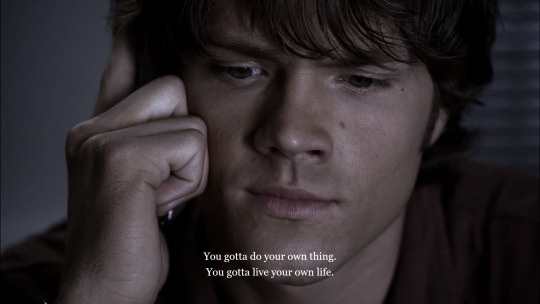

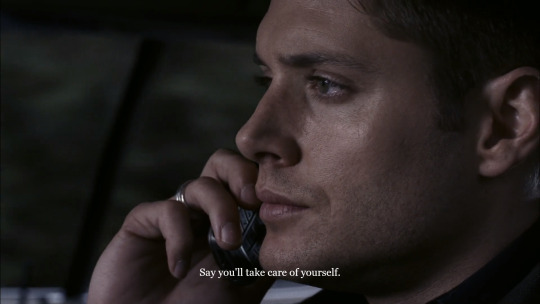




Scarecrow, Supernatural S1E11 Autobiography of Red, XXIV. Freedom
#Scarecrow#Supernatural S1E11#Autobiography of Red#Anne Carson: 'XXIV. Freedom'#spn#supernatural#sam winchester#dean winchester#spn screencaps#jensen ackles#jared padalecki#parallels#comparatives#poetry#words words words
117 notes
·
View notes
Text
I present my take on Lord Solar Leontus, Queen Victoria's Golden Throne of Praetoria. Bravely leading the Praetorian Guard into battle.
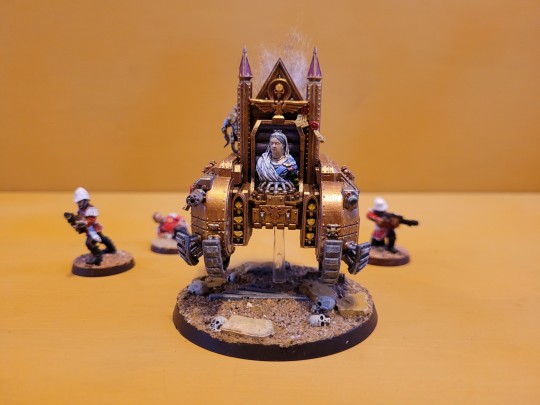
I have had so much fun working on this fantastic miniature by Midwinter Minis, Elizabeth was replaced with Victoria by the good people at Kraken Gaming.
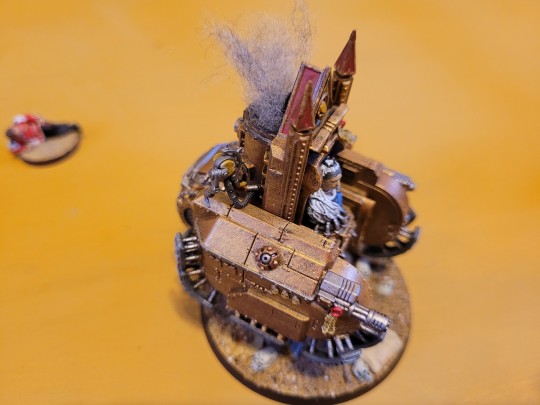

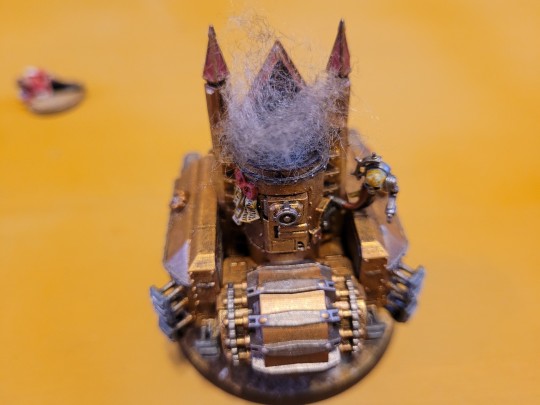
I converted it up to look more 40k and made a unique base for her.
I am very happy with the outcome.
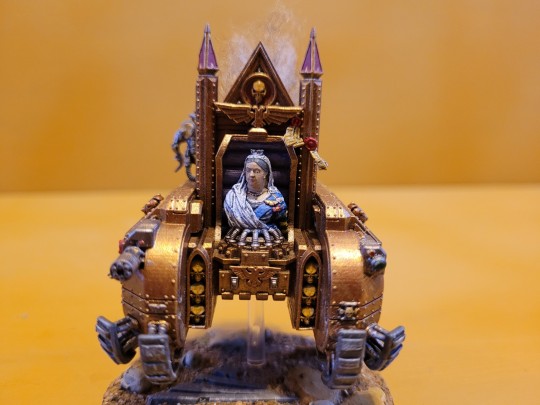
There are also rules for her that cover 9th and 10th edition Warhammer 40k, but these are not official.
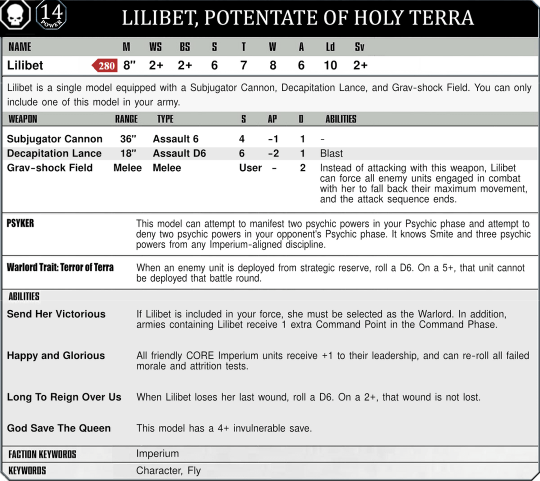
#games workshop#warhammer 40k#warhammer 40000#warhammer40k#imperial guard#warhammer#praetorian guard#model making#astra militarum#painting warhammer#miniature painting#painting#warhammer community#queen victoria#queen victoria on the golden throne#Little Plastic People#Midwinter Minis#Lillibet#Potentate of Holy Terra#warhammer conversion#wargaming#syfy#praetorian guard xxiv#praetorian 40k#praetorian#kraken gaming#kraken gaming ltd
24 notes
·
View notes
